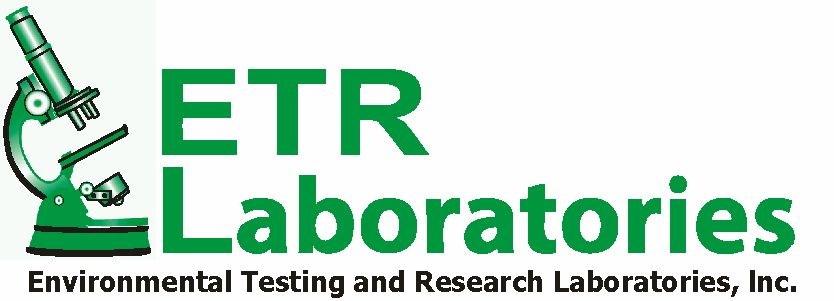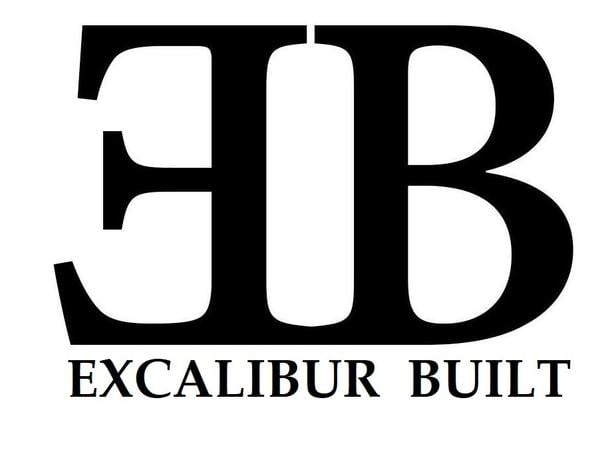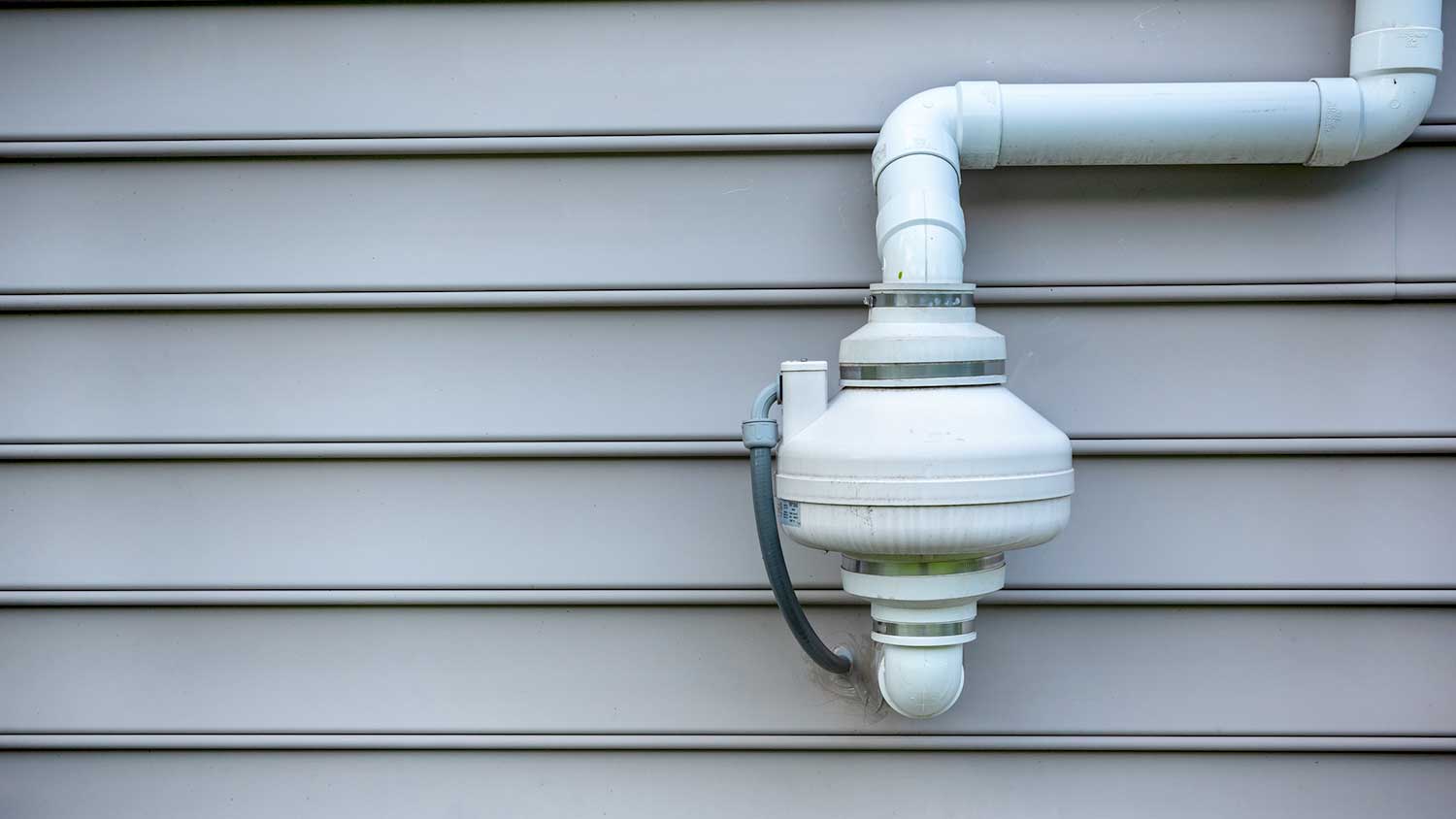
Get matched with top radon detection and reduction specialists in Dayton, WY
Enter your zip and get matched with up to 5 pros
Need a pro for your radon detection and reduction project in Dayton, WY?
Verified Reviews for Radon Detection And Reduction pros in Dayton, WY
*The Angi rating for Radon Detection And Reduction companies in Dayton, WY is a rating based on verified reviews from our community of homeowners who have used these pros to meet their Radon Detection And Reduction needs.
*The HomeAdvisor rating for Radon Detection And Reduction companies in Dayton, WY is a rating based on verified reviews from our community of homeowners who have used these pros to meet their Radon Detection And Reduction needs.
Last update on January 21, 2026
Find Radon detection and reduction specialists in Dayton

Environmental Testing & Research Laboratories, Inc
Environmental Testing & Research Laboratories, Inc
ETR Laboratories in an analytic laboratory with a broad range of commercial, industrial and individual clients. We provide analytic services using a wide variety of scientific methods including GC/MS, IC/MS, GIR, NMR and SEM equipment. We can do particle analysis, organic and inorganic chemical analysis and micro analysis on biological and other materials. Private water analysis is our specialty. Award winning. Additional DBA - Environmental Testing & Research Laboratories Inc, ETR Labs, ETR Laboratories.
"as advertised"
Nancy C on July 2018
ETR Laboratories in an analytic laboratory with a broad range of commercial, industrial and individual clients. We provide analytic services using a wide variety of scientific methods including GC/MS, IC/MS, GIR, NMR and SEM equipment. We can do particle analysis, organic and inorganic chemical analysis and micro analysis on biological and other materials. Private water analysis is our specialty. Award winning. Additional DBA - Environmental Testing & Research Laboratories Inc, ETR Labs, ETR Laboratories.
"as advertised"
Nancy C on July 2018
Gale Chimney Service
Gale Chimney Service
Gale Chimney Service is the destination for all your chimney cleaning needs. Locally owned and operated, we can take care of any chimney problem you may have. We will make sure you get all the information you need up front and always know exactly what we’re doing in your home. Call for an appointment today. Our business hours are Monday through Friday 8AM until 5PM.
"We are lucky to have this company in Casper. They were personable, professional and punctual. We will call them again when we need our Chinney cleaned."
Candice H on November 2021
Gale Chimney Service is the destination for all your chimney cleaning needs. Locally owned and operated, we can take care of any chimney problem you may have. We will make sure you get all the information you need up front and always know exactly what we’re doing in your home. Call for an appointment today. Our business hours are Monday through Friday 8AM until 5PM.
"We are lucky to have this company in Casper. They were personable, professional and punctual. We will call them again when we need our Chinney cleaned."
Candice H on November 2021

Excalibur Construction, Inc.
Excalibur Construction, Inc.
Since 1979 Excalibur has been providing customers with the highest quality new homes and remodels while meeting their budget requirements.
Since 1979 Excalibur has been providing customers with the highest quality new homes and remodels while meeting their budget requirements.
All Seasons Home Inspection
All Seasons Home Inspection
We accept cash, checks and credit cards.
We accept cash, checks and credit cards.
The Dayton, WY homeowners’ guide to radon detection and reduction services
From average costs to expert advice, get all the answers you need to get your job done.
 •
•Find out the average cost of radon fan replacement, key price factors, and ways to save. Get expert tips to budget for your radon mitigation system.

Get clear answers on how much radon remediation costs, including average prices, key cost factors, and tips to save money on your home’s radon mitigation.
 •
•Find out what impacts radon testing costs, including average prices for DIY kits and professional services, so you can protect your home and budget confidently.

Want to learn how to master DIY radon mitigation? We have a step-by-step guide on how to complete this challenging project on your own.

Radon can seep into your home through cracks and small openings. Here's how to get rid of radon and why you need to do it.

Did your radon test come back high? Here's what you need to know about how to install a radon mitigation system to protect your home and family.
- Ranchester, WY Radon detection and reduction specialists
- Sheridan, WY Radon detection and reduction specialists
- Big Horn, WY Radon detection and reduction specialists
- Story, WY Radon detection and reduction specialists
- Banner, WY Radon detection and reduction specialists
- Lodge Grass, MT Radon detection and reduction specialists
- Greybull, WY Radon detection and reduction specialists
- Buffalo, WY Radon detection and reduction specialists
- Busby, MT Radon detection and reduction specialists
- Saddlestring, WY Radon detection and reduction specialists
- Basin, WY Radon detection and reduction specialists
- Lovell, WY Radon detection and reduction specialists
- Crow Agency, MT Radon detection and reduction specialists
- Cowley, WY Radon detection and reduction specialists
- Lame Deer, MT Radon detection and reduction specialists
- Hardin, MT Radon detection and reduction specialists
- Byron, WY Radon detection and reduction specialists
- Ashland, MT Radon detection and reduction specialists
- Worland, WY Radon detection and reduction specialists
- Pryor, MT Radon detection and reduction specialists
- Powell, WY Radon detection and reduction specialists
- Clark, WY Radon detection and reduction specialists
- Colstrip, MT Radon detection and reduction specialists
- Recluse, WY Radon detection and reduction specialists
- Broadus, MT Radon detection and reduction specialists
- Big Horn County, MT Radon detection and reduction specialists
- Billings, MT Radon detection and reduction specialists
- Huntley, MT Radon detection and reduction specialists
- Kaycee, WY Radon detection and reduction specialists
- Bridger, MT Radon detection and reduction specialists
- 🌱 "Mow a small front yard"
- 🛠 "Fix a leaking pipe under the sink"
- 🏠 "Repair shingles on an asphalt roof"

